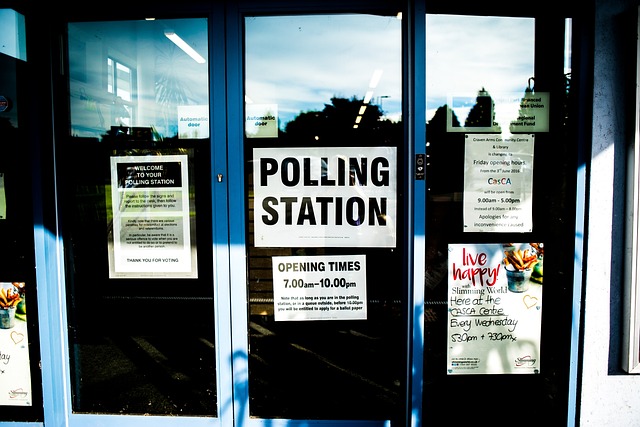UK General Election 2024: Staff guide to pre-election period
Posted on Tuesday 4 June 2024

A UK general election has been called for Thursday 4 July 2024. This means that civil servants and staff working for arm’s-length government agencies have now entered the pre-election period (previously known as ‘purdah’).
Pre-election period is the four-to-six week period which runs prior to an election in the UK. During this period, there are specific restrictions on communications activity that apply to civil servants, councils, elected members and politicians.
This is a well-established convention that prevents any government from making major new funding or policy announcements that would benefit the party in power in the run-up to an election. The spirit of the rule is around fairness and to clear the airways to allow the general public to focus on their electoral choices.
How does this affect University staff?
How do the rules of the pre-election period affect the day-to-day work of researchers and academics? The short answer is that they do not. Essentially, “business as usual” rules are in place and University of York academics can continue to work on, talk about and communicate their research during the pre-election period.
Guidance given in 2018, and again for the recent 2024 local elections, notes that:
“The principles set out here are not about restricting commentary from independent sources, for example academics who may also hold public appointments or non-executive roles in government departments or public bodies. It is for individual public bodies to apply this pre-election guidance within their own organisations, but in doing so they should not go beyond the principles set out in this document.”
It should be noted that if you work with or have a funded research project by UKRI, your work may be subject to the pre-election period as UKRI is a non-departmental public body (NDPB). We would advise consulting directly with contacts at UKRI to discuss this.
New guidance
Pre-election period guidance is not overly stringent as explained in newly published guidance by Universities UK. Universities and researchers may:
- Promote and publish research on topical issues that will help inform public debate or as part of usual academic activities.
- Campaign on and support issues that you have spoken about before.
- Host debates between candidates.
- Speak to candidates about your views on certain issues.
Political impartiality
Universities more broadly must be aware of election and charity law to ensure any activity does not compromise political impartiality. The key rule for universities (and staff operating in a work capacity) is to avoid taking political sides – whether that be for a party or candidate. It is expected that any campaigning on behalf of a political party is done in a personal capacity.
Read the full guidance from Universities UK
If you’re a York researcher interested in providing commentary on the election in the media, please contact the University of York press office.
